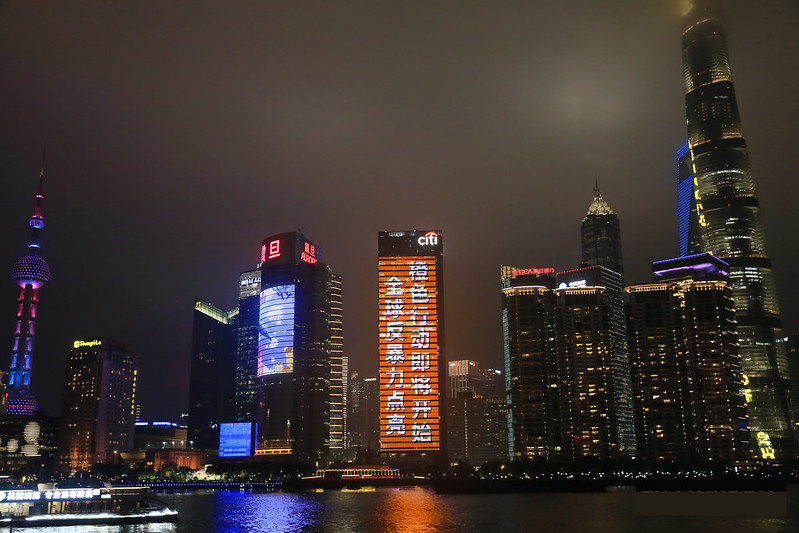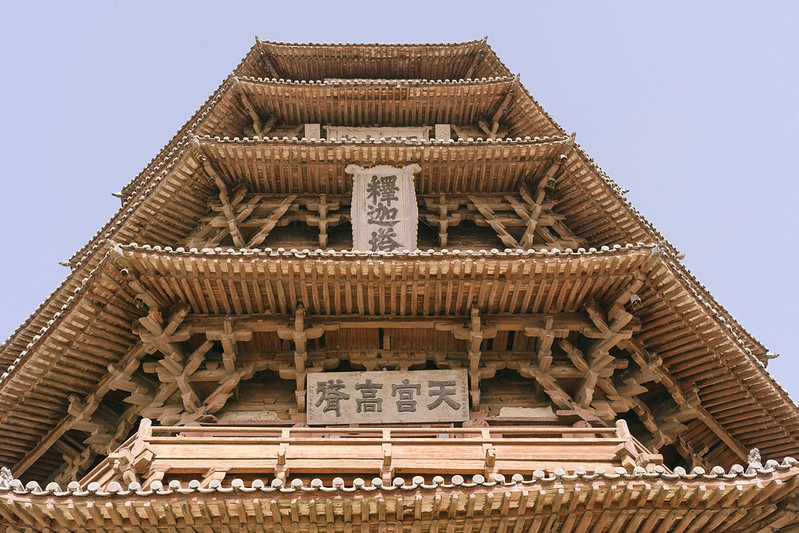At least three U.S. multinationals are seeking to weaken a bill that would ban the importation of goods produced with forced labor in Xinjiang. The Uyghur Forced Labor Prevention Act, which was approved by the House by 406 votes to 3, is currently pending a vote in the Senate. The New York Times’ Ana Swanson reported that opposition to the legislation in its current form came from Nike, Coca-Cola, and Apple:
But the legislation, called the Uyghur Forced Labor Prevention Act, has become the target of multinational companies including Apple whose supply chains touch the far western Xinjiang region, as well as of business groups including the U.S. Chamber of Commerce. Lobbyists have fought to water down some of its provisions, arguing that while they strongly condemn forced labor and current atrocities in Xinjiang, the act’s ambitious requirements could wreak havoc on supply chains that are deeply embedded in China.
[…] In a report issued in March, the Congressional-Executive Commission on China, a bipartisan group of lawmakers, listed Nike and Coca-Cola as companies suspected of ties to forced labor in Xinjiang, alongside Adidas, Calvin Klein, Campbell Soup Company, Costco, H&M, Patagonia, Tommy Hilfiger and others.
[…] But for many companies, fully investigating and eliminating any potential ties to forced labor there has been difficult, given the opacity of Chinese supply chains and the limited access of auditors to a region where the Chinese government tightly restricts people’s movements.
The Uyghur Forced Labor Prevention Act would require companies sending goods to the United States to scrutinize those supply chains, or perhaps abandon Chinese suppliers altogether. It would impose high standards, barring imports of goods made “in whole or in part” in Xinjiang unless companies prove to customs officials that their products were not made with forced labor. [Source]
Last week, the Washington Post’s Reed Albergotti reported a story about Apple’s lobbying against the Uyghur Forced Labor Prevention Act, reporting that congressional staffers characterized Apple’s efforts as “an attempt to water down the bill.” But the claims in that story were disputed by at least one other journalist:
It is not accurate to say that Apple's aim is to water down key provisions of the bill, and it is not accurate to characterize Apple as lobbying against the bill.
— B. Allen-Ebrahimian (@BethanyAllenEbr) November 21, 2020
The New York Times article published on Monday clarified Apple’s position, finding that it suggested edits to the bill to extend some compliance deadlines, and argued for releasing certain information about supply chains to congressional committees rather than to the public. It also advocated for Chinese entities to be “designated by the United States government” as helping to surveil or detain minority groups in Xinjiang.
Putting the onus on the U.S. government to declare which Chinese entities participate in forced labor would offer companies some cover from backlash by Chinese authorities, should they decide to end business with a certain supplier. It would also help mitigate the costs of appointing independent auditors, of which there are increasingly few. In September, at least five independent auditing firms declared they would no longer help companies audit their supply chains in Xinjiang, claiming that the “police-state atmosphere” and government controls have made it impossible for them to do so. Citing an “untenable operating environment,” the Better Cotton Initiative, a major sustainable cotton certifier also withdrew from Xinjiang in October.
At the same time, I can see how some supporters of the bill would see Apple’s suggested changes as “watering it down.” Specifically, they wanted to take out mentions of poverty alleviation programs (but keep pairing programs), release some disclosures to Congress but not publicly
— Ana Swanson (@AnaSwanson) November 30, 2020
You could see some of these changes as firming up parts of the bill that are vague or making its terms more realistic. It is a very broad bill, and Apple said they want it to become law. But I could also see how certain supporters might describe some changes as watering it down
— Ana Swanson (@AnaSwanson) November 30, 2020
U.S. companies have previously been complicit in assisting Chinese authorities with the development of sophisticated surveillance infrastructure in Xinjiang. But executive measures introduced under the Trump administration have made that harder, such as by making it illegal for tech companies to sell advanced computer chips to Chinese companies implicated in human rights violations.
The Uyghur Forced Labor Prevention Act sets up a presumption that goods from Xinjiang were manufactured with forced labor, unless proven otherwise. Together with the Uyghur Forced Labor Disclosure Act also passed by the House, it sets new disclosure requirements for U.S. publicly listed companies, forcing companies to report whether they have done business with entities involved in building Xinjiang’s surveillance network or in operating detention facilities in Xinjiang. The Prevention bill also prohibits the import of all goods made by companies working with the Xinjiang government on “poverty alleviation” or “pairing assistance” programs.
That latter prohibition on goods made by companies engaged in poverty alleviation has been controversial for some U.S. multinationals. As part of Xi Jinping’s drive to eliminate poverty by the end of this year, officials in Xinjiang have been under pressure to hit quotas. This can be accomplished on paper through labor transfers, including to jobs where workers are employed involuntarily and are severely underpaid. Poverty alleviation initiatives in Xinjiang are also sometimes combined with “pairing programs,” where provinces are paired with regions of Xinjiang, and may be expected to receive government transfers of Xinjiang workers to those regions.
But not all “poverty alleviation” initiatives involve labor transfers or forced labor. The State Department’s supply chain business advisory for Xinjiang acknowledges that there may be legitimate poverty alleviation programs in Xinjiang. Chinese enterprises might participate in poverty alleviation in Xinjiang through philanthropy or by providing technical assistance, for example. But Xinjiang’s police state and opaque governance make it challenging for companies to ascertain whether poverty alleviation measures are “legitimate” or involve forced labor.
While both the Uyghur Forced Labor Prevention and Disclosure Acts were passed with large, if not overwhelming majorities in the House, they have yet to be voted on in the Senate. Developments in Washington may offer the bills new momentum: the Trump administration is reportedly planning to introduce a flurry of polices during its remaining weeks in power in an effort to make it “politically untenable for the Biden administration to change course on China.” But the Biden administration has also signalled it would be more vocal on human rights issues in China, leaving open the possibility that the incoming administration could also be willing to eventually sign the bills into law.
source https://chinadigitaltimes.net/2020/11/major-brands-lobby-to-water-down-xinjiang-forced-labor-bill/


